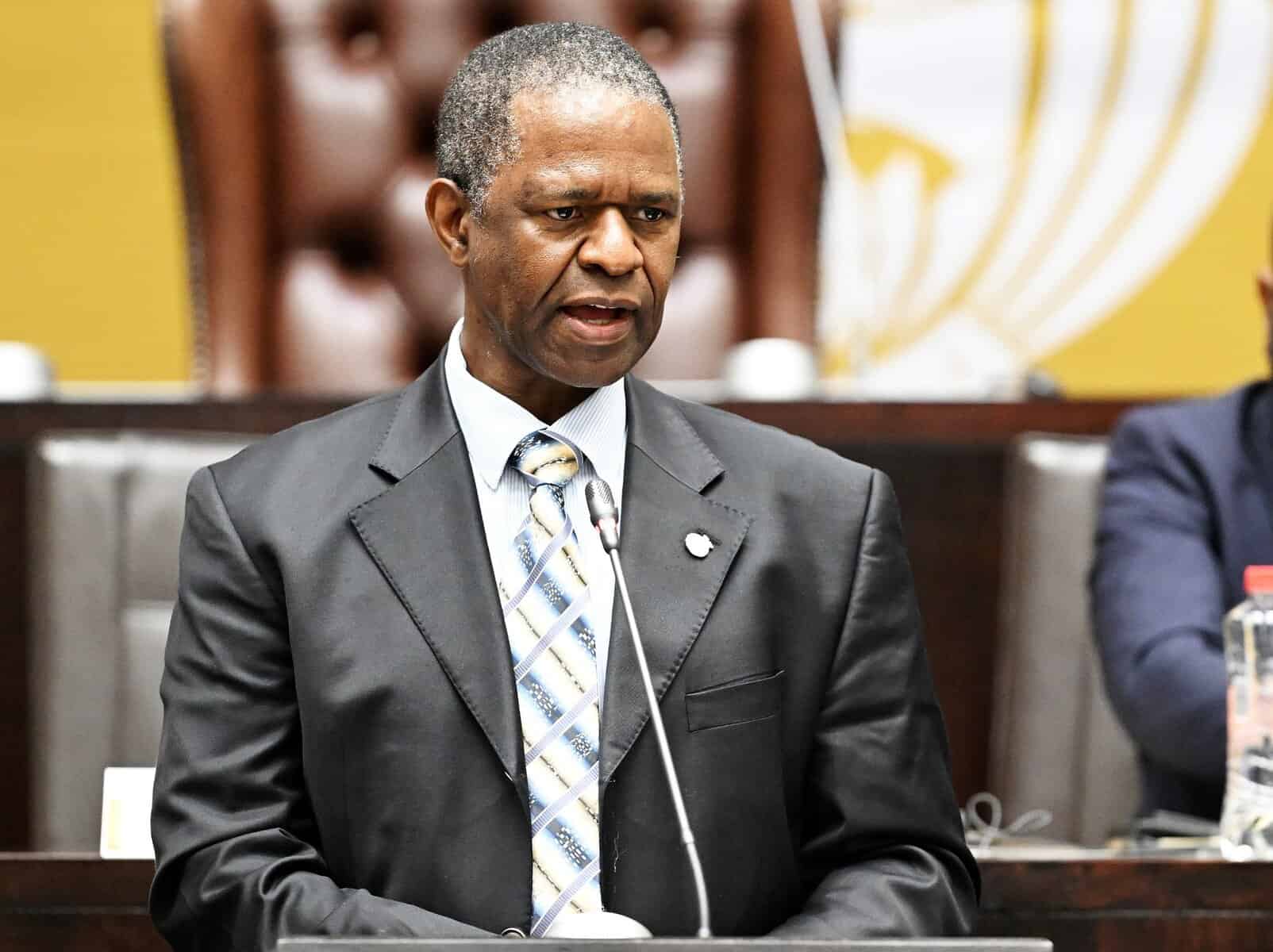The committee chairs emphasised that the lack of documentation does not always mean the person is illegally in the country.

Chairperson of the Portfolio Committee on Health, Dr Sibongiseni Dhlomo, has told parliament that South Africans’ concerns about undocumented foreigners cannot be ignored. However, South Africans should mind how they approach these matters.
The social services cluster on Thursday briefed parliament on the progress made in addressing concerns raised regarding their respective portfolios.
Organisations such as Operation Dudula and March to March were the subject of presentations from two chairpersons, who, although acknowledging the organisations’ concerns, cautioned against criminality in their operations.
The organisations have been removing foreigners, said to be undocumented, from public healthcare centres and diverting them to private institutions. They argue that public hospitals and clinics are meant to serve South Africans.
‘Concerns cannot be wished away’
Dhlomo said he recently discussed the matters with Minister of Health, Dr Aaron Motsoaledi, and came to the conclusion that “these concerns cannot be ignored, brought in by these citizens. These concerns cannot be wished away”.
“While there are concerns coming in from this background, it’s true that there are sometimes clinics and hospitals where there’s not enough medication and long queues.”
However, Dhlomo urged a different approach in dealing with these matters, apart from removing people from clinics and hospitals.
“Maybe we should find an approach to handle them and, going forward… to address those issues,” said Dhlomo.
ALSO READ: Will undocumented foreigners get free healthcare under NHI? – Motsoaledi responds
“Fortunately, I was speaking to the minister who had previously served as the Minister of Home Affairs in the previous administration. And he mentioned that there are certain acts that need to be repealed, by bringing a bill into Parliament from the Home Affairs ministry.
“One is the Citizens Act. I won’t go into details there. But it means that part of that Act talks about citizens being a very wide spectrum. You can’t have citizens of the world accessing services in the country in that way. So, that part must actually be looked into. The other two, one of which was in 1998, and the Refugees Act of 1998, also need to be repealed through the bill.
“Some of these acts are very wide and encompass what some of the people are saying. Maybe they should actually have a bit of limitation. It’s not possible for us as a country to have unlimited resources to deal with what is there in the world.”
‘Approach unacceptable’
Both Dhlomo and Chairperson of the Select Committee on Education, Sciences and Creative Industries, Makhi Feni, called on Operation Dudula and March to March to refrain from preventing undocumented foreigners from accessing healthcare and education. They opened the door for engagements among South Africans to raise their issues.
ALSO READ: SA healthcare system can’t afford to ignore migration
“We are convinced that there is nothing that can be gained through those forms of action. But there must be ways of ensuring that there is cooperation. It is informed by our understanding of what becomes the role of a civil society organisation,” said Feni.
“Because if you are identifying yourself as a civil organisation, you must be able to understand your footing so that you do not violate the rights that have been entrenched in the Constitution of the Republic.
“That is why we are saying that we do not agree with this approach. How are you identifying a child who is not documented or is undocumented in this country? Because an undocumented child… is not automatically illegal in this country.”
‘Undocumented does not mean illegal’
The committee chairs raised concerns about South Africans falling victim to the organisations’ operations due to a lack of necessary documents. According to Feni, there are about six million undocumented South Africans.
“There are various issues that led to those kids not to be able to have those necessary documents. Not because they are not South Africans, but they do not have these documents. How are you going to separate them?
“We believe that there must be processes, there must be engagements, so that we come to a proper solution. The six million we’re talking about is about 11% of the population of this country. I’m not talking about those who are here for different reasons. I’m talking about only South Africans now. So it tells you that we have challenges, but the government is dealing with those challenges.”
READ NEXT: Are South Africans given priority free health care over foreign nationals? Minister clears the air






